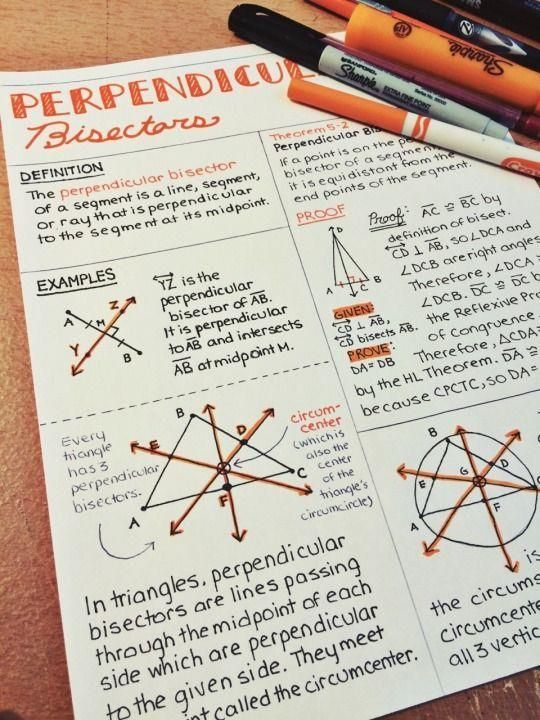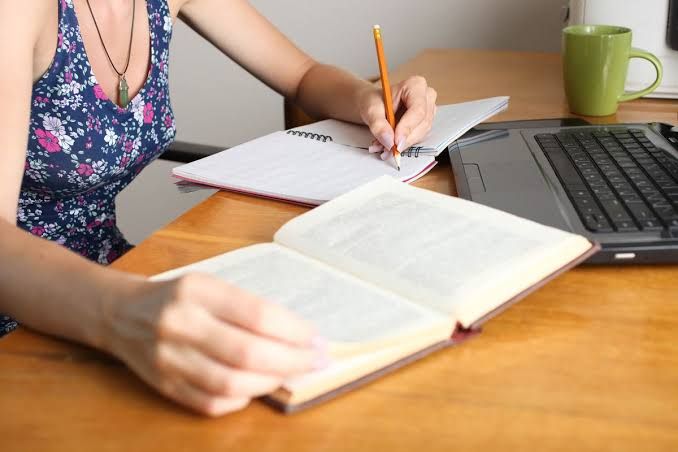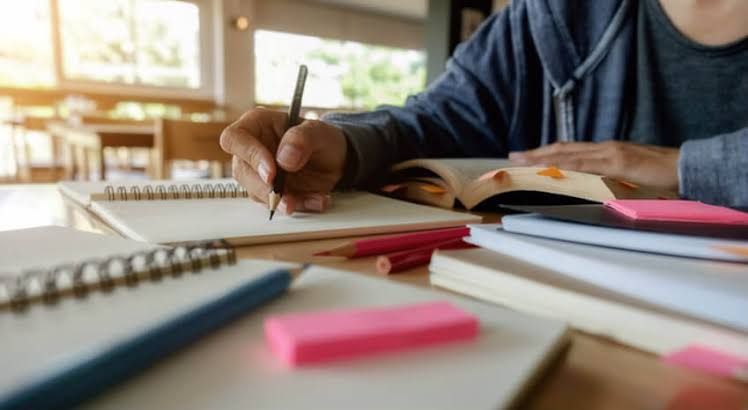How To Study Maths
Jun 15, 2019 • 40 views
Maths can give a scare to anyone with its out of the world language and strangest symbols. But, as said thousand times before, it is an essential part of learning and should be given the time to be grasped properly. Here are some tips to study maths:
1. Attend lectures
I’d recommend going to the lectures if you’re not absolutely sure you can ace everything on your own. If you miss one, get the notes from someone else. Attending lectures not only gets you into the environment of studying and the subject but also gives you a sense of involvement. Also, listening to a teacher explaining a topic is a faster way to learn that reading it in the book.

2. Take notes
Maths is not done by reading, it's an active subject. You learn it by doing. Take notes in class attentively and also take care to note down the example problems, too. Draw proper diagrams whenever needed and do every problem that's been told by your teacher. It will be helpful in exams. You should always have extensive notes so that you can understand every concept while studying at home.

3. Practice more and more
Practice problems from your book or reference books available in the market, old questions from a past exams or test, etc. Even just a couple of practice problems every day, or some quick questions before a test, can help a lot. Remember, repetition is a key form of revision! If you can do a certain type of question, then pace up and either choose a more difficult question to do or time yourself to solve it as fast as you can.

4. Do the homework
Usually an exercise sheet or at least 10 problems per day is given for homework in regular classes. Make it sure to do them all the same day. These problems are not only important for your exams but also to get used to solving them and the practice will help you in various competitive exams. Also, doing your homework hones in the value of discipline in yourself and makes you sit down to study out of habit or to get a sense of completion.

5. Write cheat sheets
Sometimes they’re allowed in the exam, but even if they’re not - just writing them helps because you’re condensing the information as much as possible and revising all the topics, even if you can’t take the cheat sheets with you to the exam. You can write all the formulae and definitions, even some important points to remember as well as the tricks for some of the problems.
6. Re-do all your practice questions
Take your practice sheets and assignments out and do every set and time yourself. Clock yourself on problems that require no tricks and are pretty straightforward. Mock-exams are also a great way to practice - ask older students if they still have old exams papers or search some up on Google.
